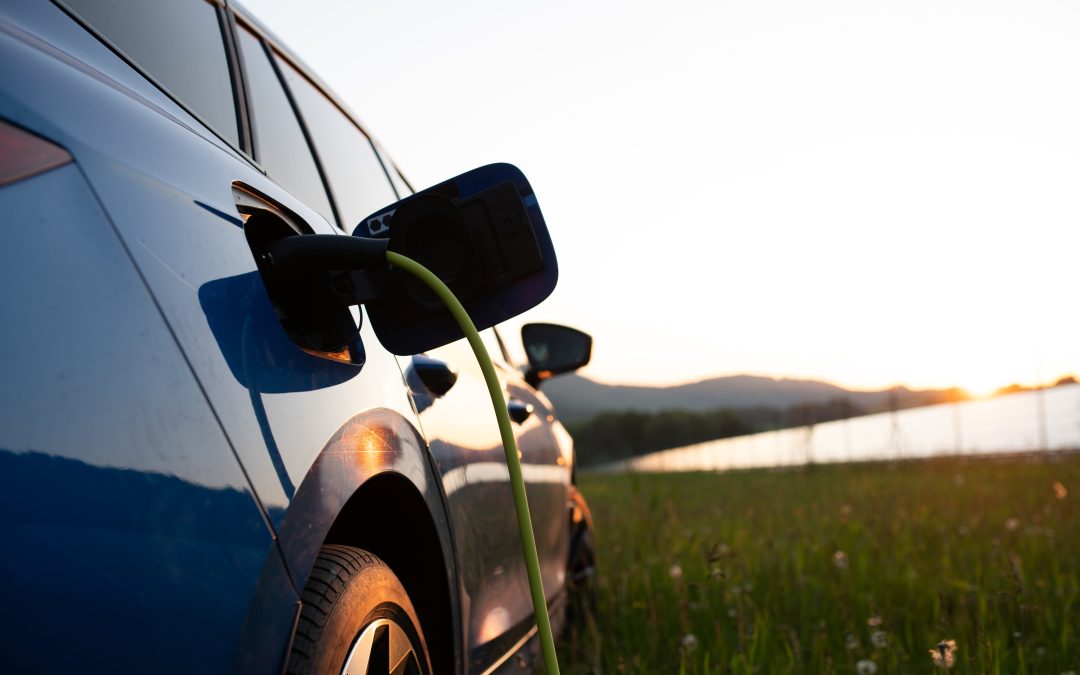With more drivers in Southeast England switching to electric and hybrid vehicles, the way roadside recovery works is also evolving. While these vehicles are eco-friendly and cost-effective, they also bring new challenges when something goes wrong. Whether you’re commuting through Kent, exploring Sussex’s countryside, or driving into London, here’s what you need to know about how recovery services are adapting to this new generation of vehicles.
1. What Happens If an EV Runs Out of Charge?
Unlike petrol or diesel cars, running out of battery isn’t something you can quickly fix with a jerry can of fuel. Instead:
- Flatbed recovery is often required to safely transport an EV to the nearest charging point.
- Some recovery vehicles now carry mobile charging units that can give your EV a small boost to get you moving again.
Southeast England has a growing network of charging stations, but it’s still possible to run low in rural areas—so planning ahead is vital.
2. Special Equipment for Electric Vehicles
EVs and hybrids can’t always be towed like traditional cars. Incorrect handling can cause damage to the battery or motor system. That’s why professional recovery teams use:
- Flatbed trucks to lift the entire vehicle safely off the ground.
- Insulated tools and trained technicians to work safely around high-voltage systems.
This means it’s more important than ever to choose a recovery service that understands modern vehicle technology.
3. Common EV and Hybrid Breakdowns
Even though electric and hybrid vehicles are reliable, they’re not immune to breakdowns. Some common issues include:
- 12v battery failure – just like traditional cars, EVs use a smaller battery that can go flat.
- Charging cable faults – damaged cables or connector issues can prevent charging.
- Software errors – EVs are packed with advanced electronics that sometimes need resets or diagnostics.
4. Preparing Your EV for a Safe Journey
To reduce your risk of getting stuck, follow these simple tips:
- Always plan your route around charging stations, especially for longer journeys.
- Keep your charging cable in good condition and store it properly.
- Check your tyre pressures and fluid levels regularly—EVs need the same basic checks as petrol and diesel cars.
Final Thoughts
The rise of electric and hybrid vehicles is changing the face of roadside recovery in Southeast England. From specialist recovery trucks to mobile charging units, the industry is evolving quickly to meet drivers’ needs. But no matter what you drive—petrol, diesel, hybrid, or fully electric—being prepared is the best way to stay safe on the road.
🚨 Need EV or Hybrid Roadside Assistance?
If your electric or hybrid car lets you down, Southeast Rescue is here to help. Our trained team is equipped to handle modern vehicles with care, and we’re available 24/7 across Kent, Sussex, Surrey, and beyond.
👉 Save our number today so you’re always covered: 01892 770 999
👉 Learn more about our vehicle recovery services here: Southeast Rescue Services

